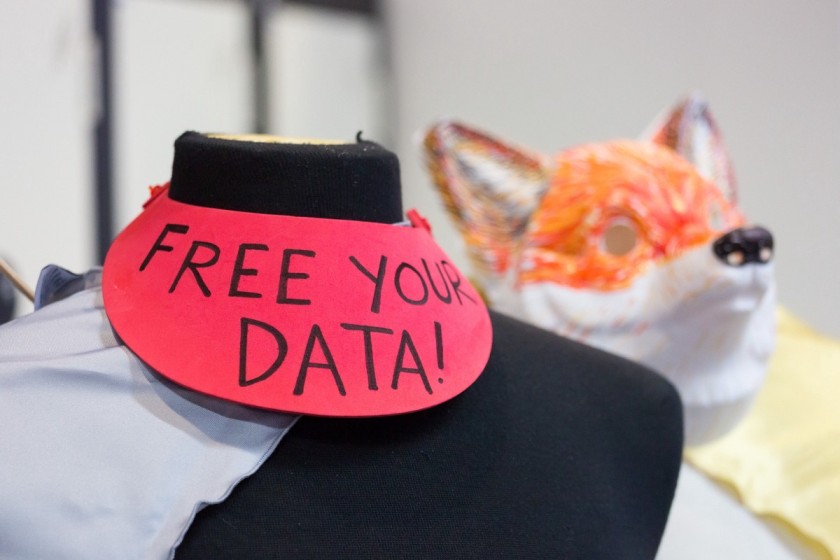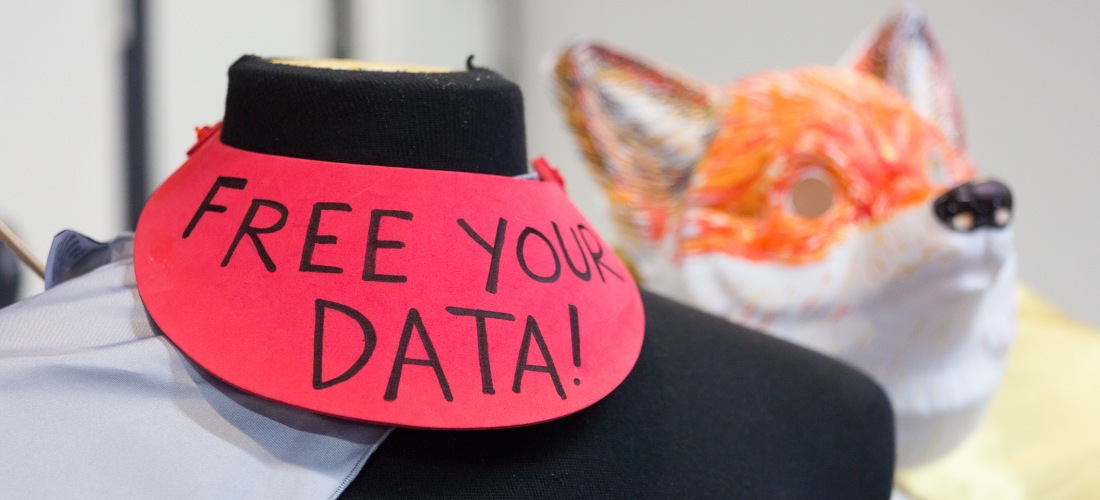This is a hard post to write.
After building out our suite of programs and taking the Mozilla Scienceprogram to the next level, it’s time for me to step back, move on, and give those programs space to grow.
Growing Mozilla’s stake in open science
In 2013 Mozilla asked me for to build their first science program. Together with one other staff member and a small budget, we made massive strides. We:
- Worked with over 5,000 researchers globally through a mix of trainings, hackathons and community calls in our first year.
- Scaled the team to six — and brought in over $5m in new funding — all while firmly establishing the science program as a key initiative at Mozilla.
- Launched the Mozilla Fellowship for Science as a way to engage future leaders in open research through paid, 10-month position.
- Shipped working prototypes with GitHub, figshare and Zenodo to make code more discoverable and citable, built badging solutions to recognize data and code contributions with BioMed Central, PLOS, ORCID and the Wellcome Trust, and pushed the limits of open code review.
- Piloted a training series around “working open” as ways to mobilize and support the community through cohort-based peer-to-peer learning.

Moving Mozilla as an Organization
More recently, the Foundation itself has been maturing as a non-profit, for the first time setting its sights on a 5-year-vision to advance “Internet Health” — more specifically, issues like digital inclusion and equity, privacy and security, web literacy, open innovation, and decentralization. Passing the leadership of the science program to the badass Steph Wright, I stepped into a new role, overseeing programs and network strategy. As a senior leader managing the Foundation’s $10m program portfolio, we transitioned the Foundation’s program structure from a series of discrete, siloed programs to a unified, focused network.
A few highlights:
- Program organization. In 8 months, we doubled-down on Foundation’s main programs in science, learning, advocacy, Internet of Things (IoT)and women and web literacy. Each program is now poised for sustainability and impact.
- Focused our fellowship and leadership programs. We shipped a unified fellowship program for advocacy and science, evolved the Working Open training materials into the Foundation’s flagship Open Leadership Training series.
- Increased effectiveness. To maintain our impact, we improved our onboarding process and focused on increased engagement and retention in our Foundation programs.
Above all, thank you to my team
More than the launches and numbers, the real reward has been the ability to support my team of program leads this past year, a group of fierce (all-female) leaders in our organization.
The work they do building, scaling and supporting our communities on the ground are what make Mozilla what it is — and it’s been an honor and a privilege to lead that team as the organization grows. To Amira, Meghan, Sara, Arliss, Steph, Michelle — y’all are my heroes. Aurelia, Zannah, Abby — it’s been an honor watching you shape mentorship and learning at this organization. Keep leading the way. The open movement needs you.
This has undoubtedly been the hardest but most fulfilling job I’ve ever had, and while the work has been meaty and challenging, it’s time for me to return to my roots.
Next steps
13 years ago, I started out in the world of open access and information to help a friend struggling with a rare disease: research, medical care and support was scarce for them. That’s how I became interested in crafting systems and solutions to help address big, societal problems, including open and equitable access to information.

Today those problems remain urgent. The institutions that support the free flow of information are once again in jeopardy. Whether it’s data on animal welfare and abuse reports from the USDA being abruptly erased from the agency’s website, threats to taxpayer-funded data from on race and housing disparities, EPA on climate change and CDC on disease, work is needed to ensure the systems we’ve built and access we have fought for remain open and accessible to all.
These are the issues I will continue to work through — they are my life’s work. I’m going to be taking some time before announcing what comes next, but in the meantime, if you raise the “Open Access” Bat Signal, I will report. Drop me a line on Skype (@kaythaney).

